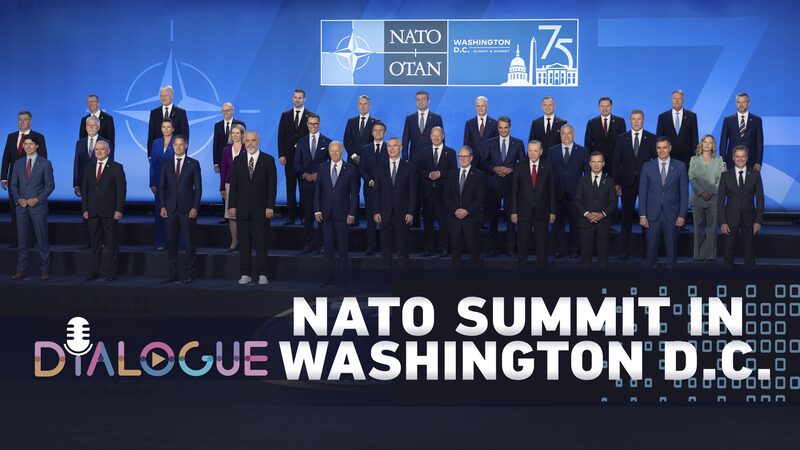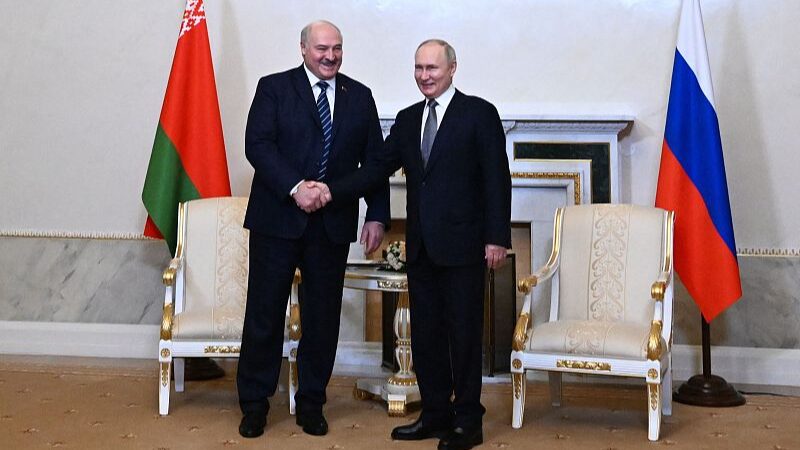As NATO commemorates its 75th anniversary with a gathering of foreign ministers on April 3 and 4, the alliance's role in European security comes under the spotlight. For many in Europe, NATO remains the cornerstone of their security framework, yet it also presents significant challenges to the continent's efforts to integrate its own defense systems. 🛡️🌍
Why NATO Became More Active After the Cold War
After the dissolution of the Warsaw Pact, many expected NATO to lose its edge. Instead, it grew stronger, adapting to new threats and expanding its reach. The persistent strategic threats, especially from Russia with its nuclear capabilities, have kept NATO relevant. Additionally, the alliance has broadened its focus beyond traditional military concerns to address non-traditional security challenges like energy security and counter-terrorism.
How NATO is Constraining Europe's Defense Integration
Despite attempts by nations like France to push for a more unified European defense, budget constraints remain a major hurdle. Many European countries struggle to meet the target of allocating 2% of their GDP to defense, making it difficult to invest further in European defense initiatives. 🇪🇺💰
The United States plays a significant role in this dynamic, often opposing the development of independent European defense capabilities. This has led to internal tensions within Europe, complicating the path toward a cohesive defense strategy. The ongoing Russia-Ukraine conflict has further solidified NATO's importance, with heightened cooperation among member states reinforcing the transatlantic partnership.
European leaders are finding it increasingly challenging to promote defense integration without straining their relationships with the U.S. Moreover, the pursuit of \"strategic autonomy\"—the idea that Europe can independently secure its interests—has faced setbacks as military ties with the U.S. grow stronger.
Despite these challenges, European defense integration remains essential for achieving true political and security independence. Aligning economic and trade progress with U.S. expectations is crucial for maintaining the solidarity of the transatlantic alliance. As Europe navigates this complex landscape, finding a balance between relying on NATO and building its own defense capabilities will be key to its strategic future.
Reference(s):
European defense integration: How NATO-EU relations should be managed
cgtn.com




